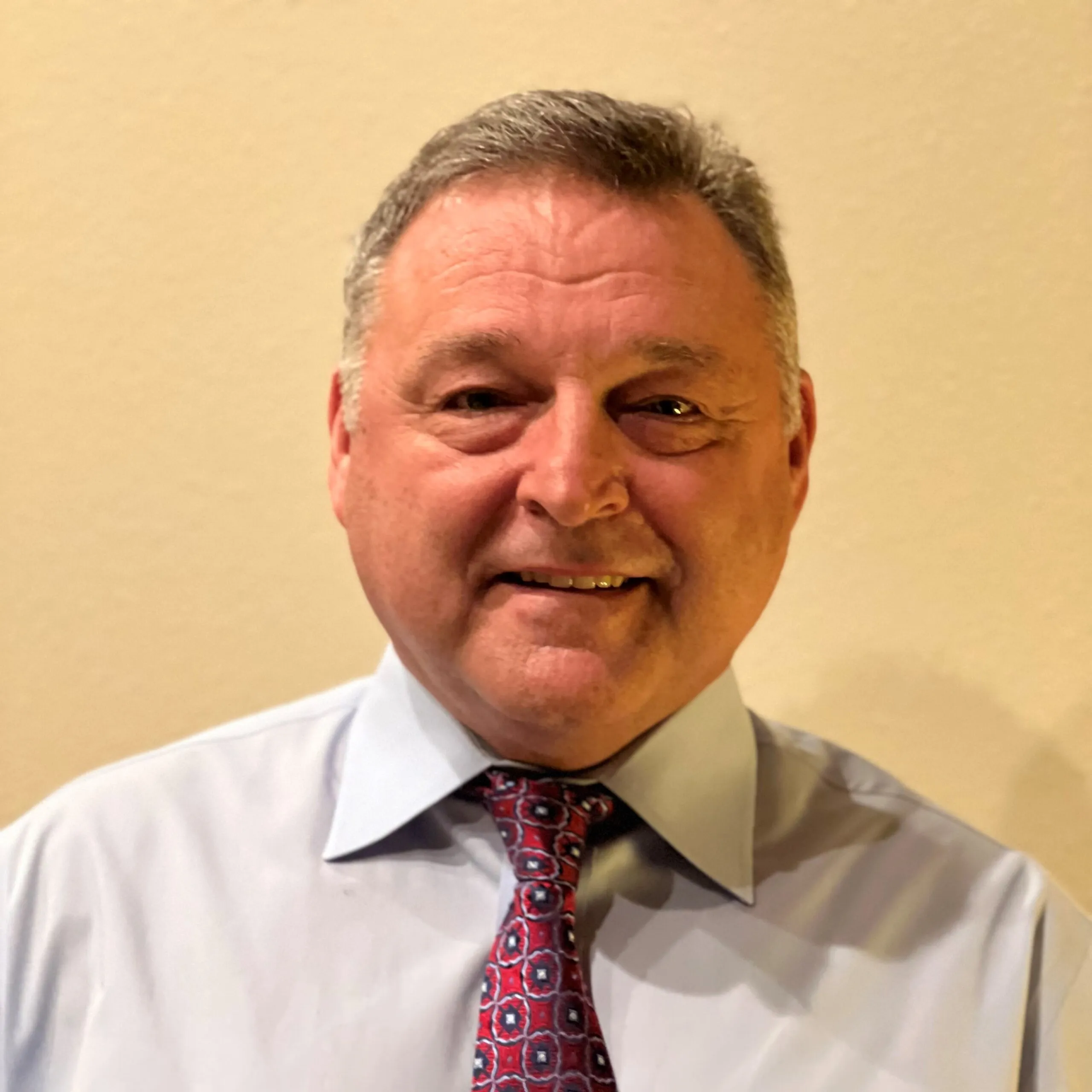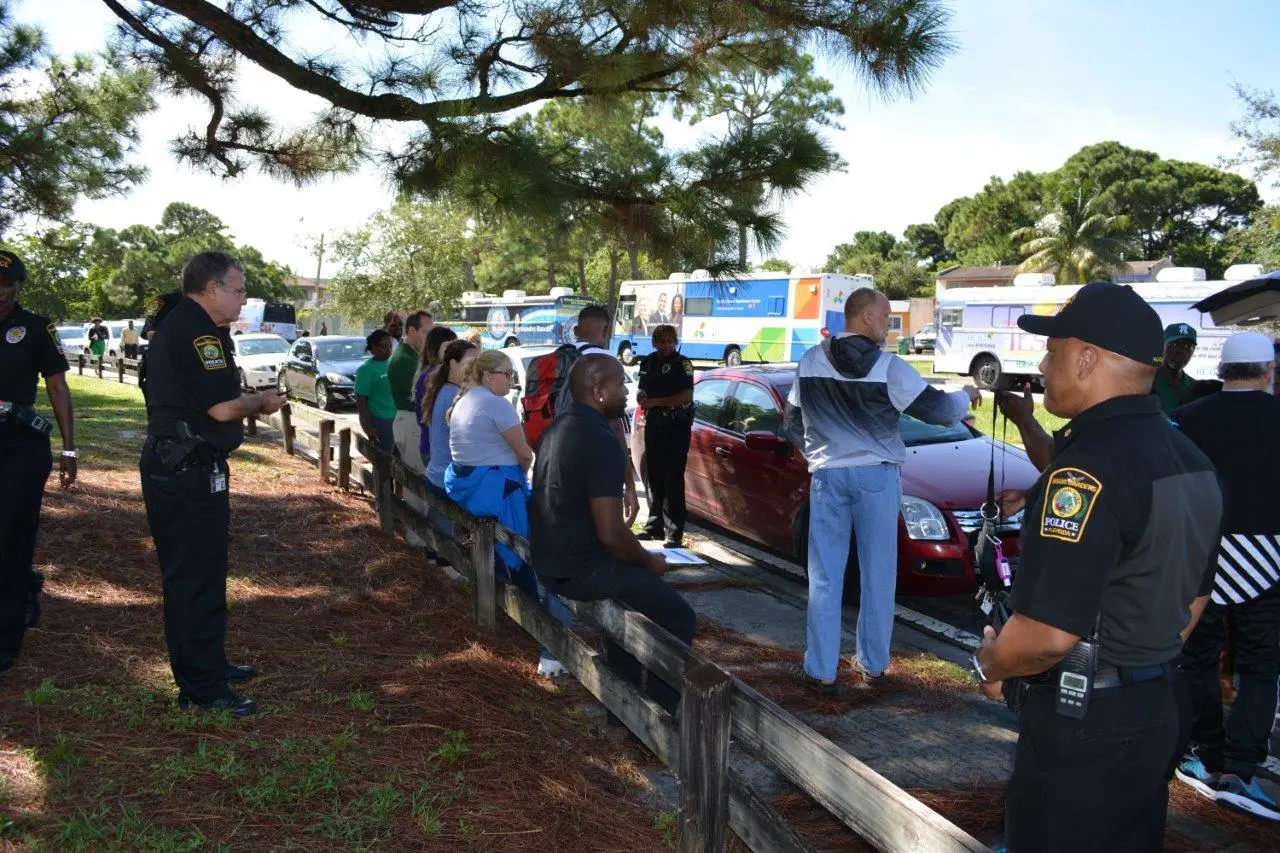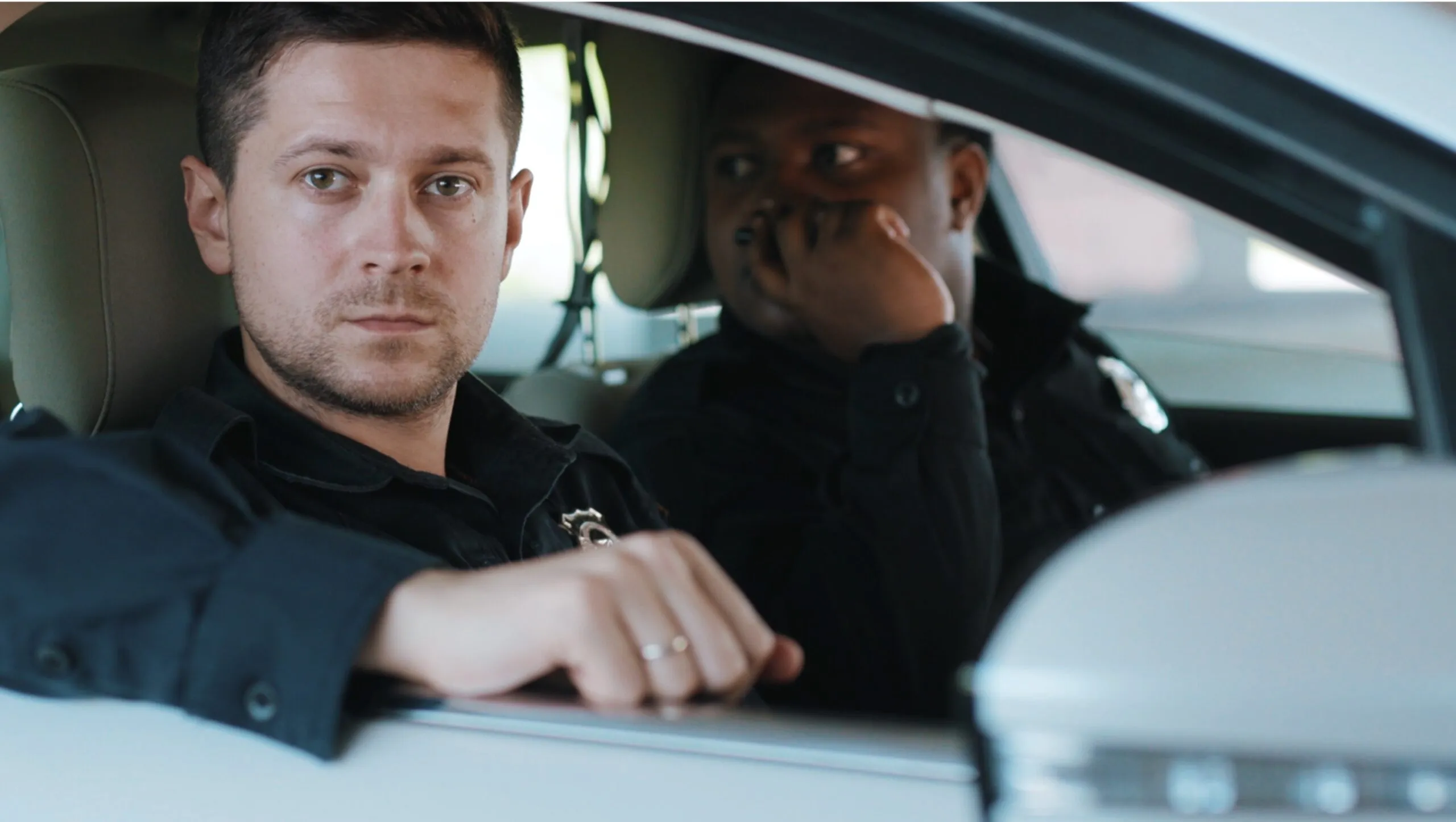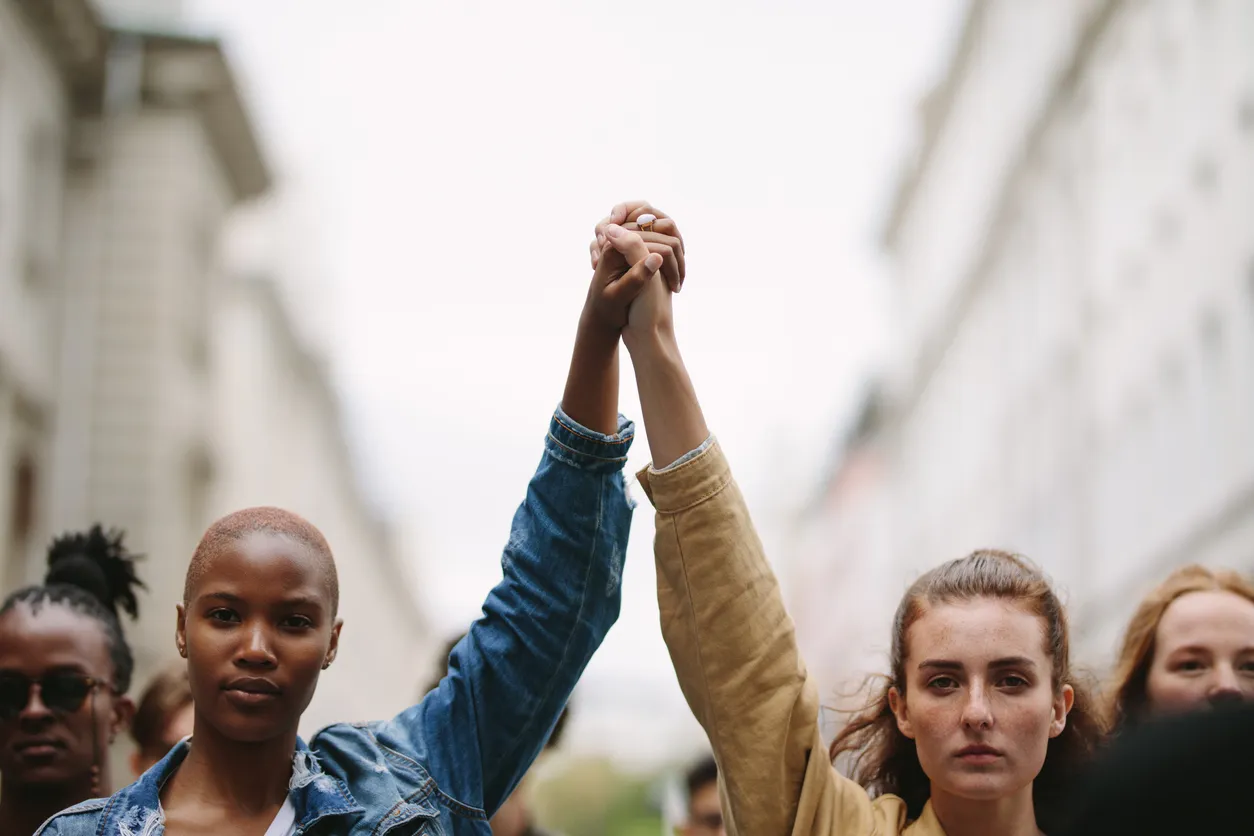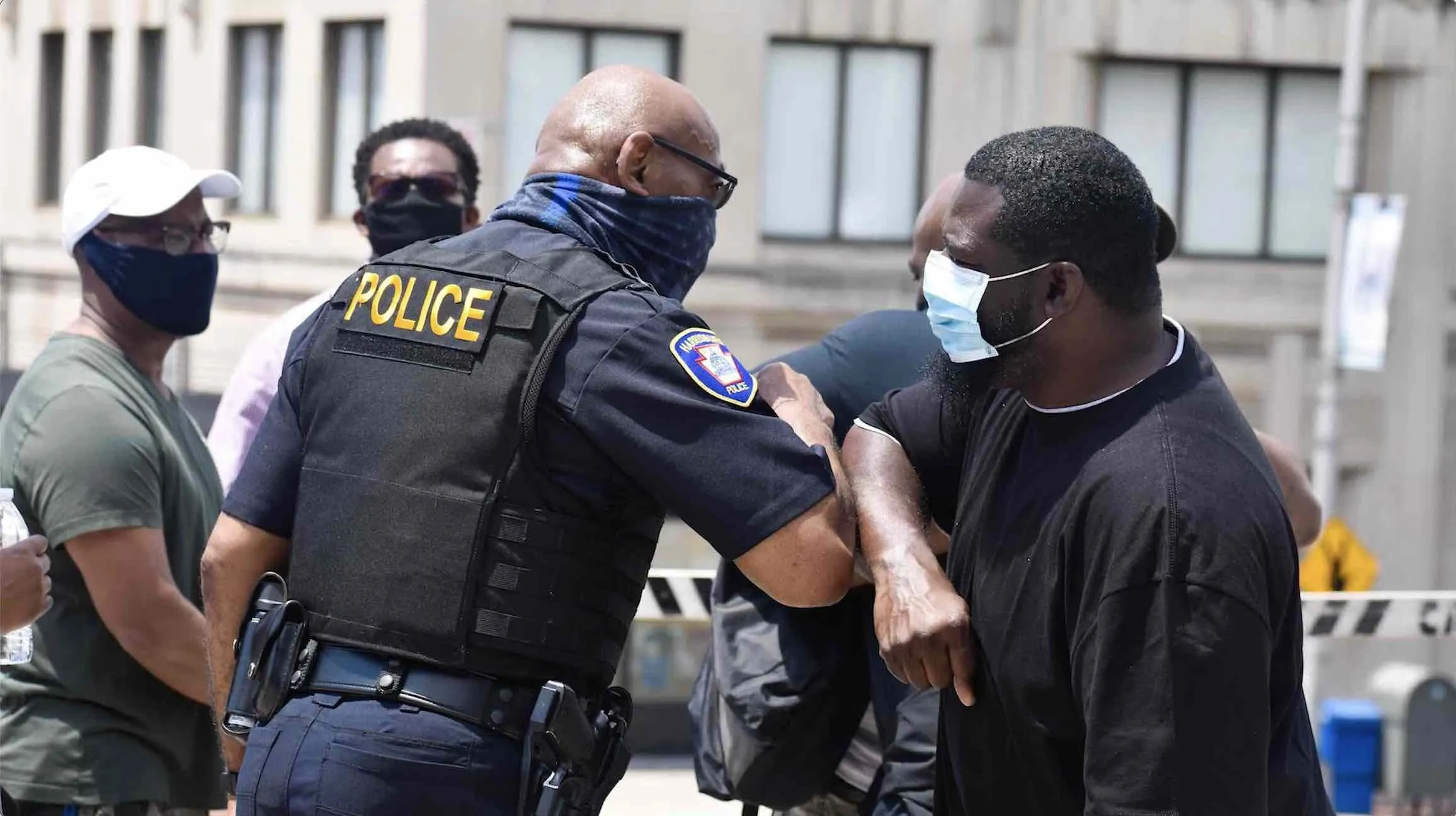While their employment makes them an obvious representative of government authority, enforcement, and power, police are also human beings. Over years of service, they are asked to not only enforce the law but make an endless number of judgment calls in volatile, pressure-filled situations by assessing risk and confronting trauma. Yet, society does not often discuss police officers’ mental health.
It’s important to remember that a tense work environment can result in a variety of physical and mental health issues. Research shows that police are at high risk for depression. This is due to the occupational stressors in police work, ranging from physical and psychological threats to organizational challenges that are omnipresent in their work. Weight gain is also a problem: in 2017, it was reported that 40% of all first responders, including police officers, suffer from the effects of obesity. And there is the issue of substance abuse. Research shows that alcohol abuse among officers is approximately double that of the general population.
Why Do We Need to Talk About This?
As a barometer for assessing officer health, these three metrics are certainly troubling. They reflect the reality that policing is extremely stressful and sometimes traumatic. Research shows that even in relatively safer areas without high levels of gun violence, officers are forced to operate in a state of hypervigilance due, in part, to being armed with a weapon at all times. This is notable because it implies that in crime-stricken areas such as the South Side of Chicago or East St. Louis, officers’ pre-existing hypervigilance is only exacerbated by an omnipresent threat of violence, including gun-related crime.
The fact of the matter is that just as residents in communities afflicted by gun violence are often traumatized, so are the officers responding to these highly emotional incidents day in and day out. This cumulative exposure results in a form of toxic stress that accumulates in the body and psyche of the police officer and is characterized by the prolonged activation of the stress response, with a failure of the body and mind to recover fully. Proven to permanently alter brain chemistry, consequences can include feeling isolated from society, post-traumatic stress disorder (PTSD), anxiety, mood disturbances, and sometimes even suicide. Clearly, this is an urgent public health problem that needs to be addressed.
Officer Wellness in Public Policy
In 2015, President Obama’s Task Force on 21st Century Policing recommended six pillars to implement at the local, state, and federal levels regarding how policing practices can promote effective crime reduction while building public trust. The sixth pillar, ‘Officer Wellness and Safety’ made some helpful recommendations with regard to implementing maximum shift lengths for officers, as well as providing every officer with access to safety gear like bulletproof vests and tactical first aid kits. But unfortunately, to date, there is little evidence that suggests that these recommendations brought any lasting changes, much less systematic improvements within policing. Relegated to the sixth and final pillar, it seems officer health and wellness takes a backseat literally and metaphorically to other equally salient issues, such as community wellness and crime reduction.
The Public Safety Research Center (PSRC), a think tank housed in the Institute of Crime Science at the University of Cincinnati, also addresses officer safety in the final tenet of Precision Policing 2.0, a framework of best practices for reducing crime and building police legitimacy. But even though it is listed as the final tenet, the PARC at least goes further in addressing the occupational stress of policing as well as the importance of protecting the mental and physical health of police officers.
Law Enforcement and Community Are One
The more we recognize law enforcement as a part of the community and not separate from it, the easier it is to remember that police officers are simply our fellow citizens. Considering the above challenges, the good news is that communities and law enforcement can work together and help each other. While police should always be the very first line of defense in volatile, potentially violent situations, community co-responders can and should be encouraged to attend to incidents and provide intervention. Social workers are a prime example. Following a violent incident, a social worker, not a cop, is best positioned to communicate with affected families and connect them to resources to begin the healing process. The same thing can be said for mental health crisis calls. While police can ensure immediate public safety, a trained counselor will always be more qualified to help an individual through a crisis and ensure appropriate referrals for mental healthcare and follow-up.
Ultimately, the job of policing is difficult both physically and mentally. Serving in law enforcement requires commitment, mental fortitude, and compassion. With that being said, it is up to all of us to provide officers with the tools and resources to be successful because their health and wellness is a barometer for the well-being of our communities.


